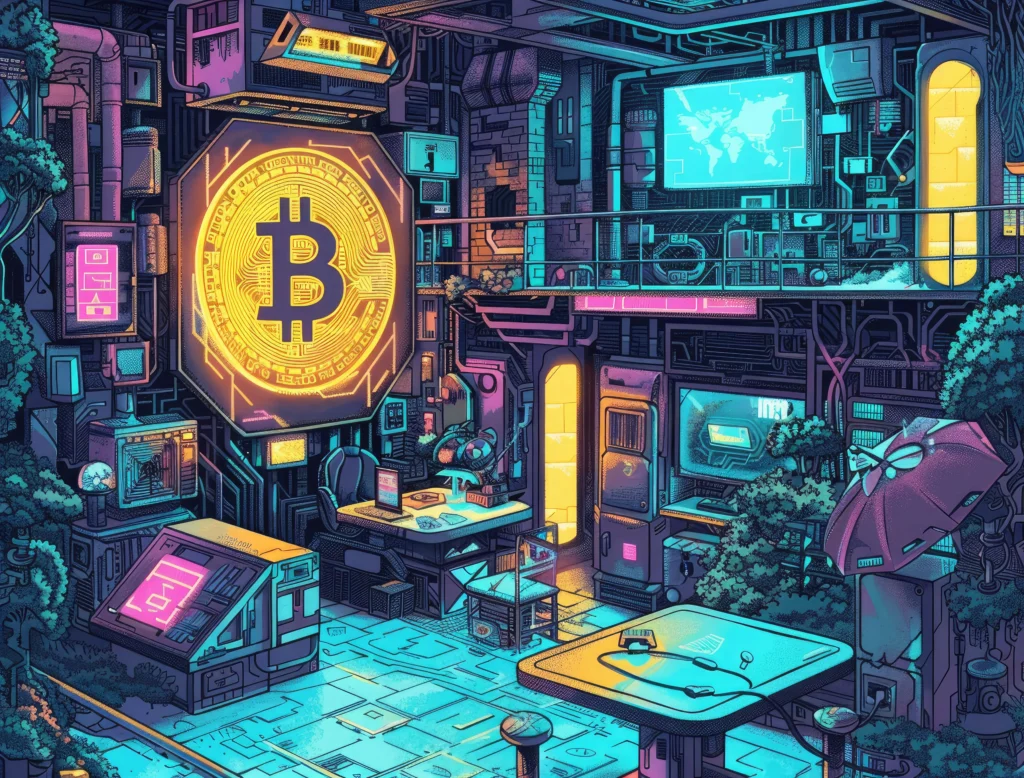World Crypto Sports: The Future of Digital Sports & Blockchain Gaming
Sports and technology have always shared an unbreakable bond. From the introduction of instant replays to wearable fitness trackers, innovation has continuously reshaped the way fans and athletes experience games. Today, a new frontier is emerging—World Crypto Sports, a movement fueled by blockchain, digital currencies, NFTs, and Web3 communities. This revolution isn’t just about trading tokens; it’s about redefining fan engagement, athlete sponsorships, ticketing, and even the way sports are broadcast and consumed worldwide.

In this article, we’ll explore how World Crypto Sports is transforming the global sports ecosystem, its benefits, challenges, and the future of this disruptive fusion.
The Rise of Crypto in Global Sports
Cryptocurrency has rapidly moved from a niche investment asset to mainstream acceptance. Global brands, from Visa to PayPal, have adopted crypto transactions, and now sports franchises are stepping into the game. Sponsorship deals between blockchain companies and major leagues are becoming common. For example, Formula 1 cars now feature crypto exchange branding, and football clubs accept Bitcoin for tickets and merchandise.
World Crypto Sports emerges as a movement that unites athletes, clubs, fans, and investors under one decentralized economy. Whether it’s through fan tokens, NFT collectibles, or crypto-powered gaming, the industry is creating new opportunities for stakeholders at every level.
Fan Tokens and Engagement 2.0
One of the most exciting aspects of World Crypto Sports is the rise of fan tokens. These are blockchain-based assets that give supporters a direct voice in their favorite team’s decisions.
- Voting Rights: Fans can use tokens to participate in polls, such as voting on jersey designs, selecting charity initiatives, or even choosing matchday music.
- Exclusive Rewards: Token holders may access VIP tickets, private events, or exclusive merchandise drops.
- Global Participation: A fan in Brazil can now directly influence a European football team, breaking down geographical barriers.
This two-way relationship turns passive spectators into active stakeholders. Instead of cheering from the sidelines, fans are now part of the decision-making process, strengthening emotional connections with their clubs.
NFTs: The Digital Sports Collectibles
Traditional sports memorabilia like trading cards, signed jerseys, and match tickets have always been valuable. With blockchain, these collectibles are going digital through NFTs (Non-Fungible Tokens).
- Authenticity & Scarcity: NFTs are verifiable on the blockchain, eliminating counterfeiting and ensuring uniqueness.
- Dynamic Content: Unlike static memorabilia, NFT highlights can evolve. For example, an NFT could feature a player’s goal, and later update with career milestones.
- New Revenue Streams: Clubs and athletes can monetize their content beyond traditional broadcasting deals.
For instance, NBA Top Shot became a billion-dollar marketplace where fans trade official highlights. World Crypto Sports platforms are expected to create similar ecosystems across football, cricket, esports, and even niche sports.
Cryptocurrency Sponsorships and Payments
Crypto companies are now among the biggest sponsors in the sporting world. From Crypto.com sponsoring UFC events to FTX partnering with MLB (before its collapse), the industry is pouring billions into visibility.
- Ticket Purchases: Some clubs now accept Bitcoin and Ethereum for match tickets.
- Merchandise Sales: Fans can buy jerseys, shoes, and sports equipment using digital currencies.
- Player Salaries: Athletes like NFL star Odell Beckham Jr. have taken salaries in Bitcoin, signaling a new era of payment flexibility.
This financial shift gives athletes and clubs more autonomy, while also attracting younger, tech-savvy audiences.

Esports and World Crypto Sports
While traditional sports are still catching up, esports is already at the forefront of the crypto revolution. Gamers are using cryptocurrencies for in-game purchases, prize payouts, and NFT-based skins.
Crypto Sports integrates with esports through:
- Blockchain Gaming Leagues – where rewards are distributed in tokens.
- Play-to-Earn Models – gamers earn crypto while competing.
- Cross-Sport Metaverses – blending esports with traditional sports in a unified digital arena.
The esports-crypto relationship is expected to dominate the next decade, attracting billions in investments.
Blockchain Ticketing: Ending Fraud and Scalping
Ticket fraud has been a major issue in the sports industry for decades. Blockchain-based ticketing systems are solving this by issuing secure, traceable, and tamper-proof tickets.
- Fans receive unique digital tickets stored in their wallets.
- Clubs prevent counterfeit sales.
- Reselling is more transparent, ensuring fair prices.
This protects both clubs and supporters while boosting trust in the event experience.
The Athlete’s Perspective: Empowerment Through Crypto
Athletes often depend on sponsorships, but blockchain allows them to build direct-to-fan economies.
- Personal Tokens: Athletes can issue their own tokens, allowing fans to invest in their careers.
- NFT Autographs & Moments: Instead of signing physical merchandise, players can release exclusive digital autographs.
- Decentralized Sponsorships: Instead of relying on one big corporate sponsor, athletes can receive micro-sponsorships from fans across the globe.
This gives athletes financial independence and strengthens their connection to global supporters.
Challenges Facing World Crypto Sports
Despite its promise, the integration of crypto into sports faces challenges:
- Regulatory Concerns – Governments are still debating crypto laws, which affect adoption.
- Market Volatility – Token prices can fluctuate dramatically, affecting sponsorship deals and fan tokens.
- Scams & Security Risks – Not all crypto projects are legitimate, and fans need protection from fraud.
- Education Barriers – Many traditional sports fans are still unfamiliar with blockchain.
Overcoming these obstacles requires collaboration between leagues, governments, and blockchain innovators.
Future of World Crypto Sports
The future looks promising. In the next decade, we may see:
- Metaverse Stadiums: Virtual reality sports arenas where fans watch games in 3D worlds.
- Cross-Sport Crypto Ecosystems: A single token powering multiple sports.
- Universal Athlete Coins: Global platforms where every professional athlete has a digital token.
- Sustainable Blockchains: Eco-friendly crypto solutions to address energy concerns.
The World Crypto Sports industry is still young, but its potential to reshape global sports is undeniable.
Conclusion
World Crypto Sports represents more than just blockchain adoption in athletics—it’s a complete transformation of fan experiences, athlete empowerment, and financial ecosystems. From fan tokens and NFTs to crypto sponsorships and metaverse stadiums, the industry is creating a world where sports aren’t just watched, but owned, shared, and experienced on a new level.
As blockchain technology matures, World Crypto Sports will continue to bridge passion and innovation, ensuring that the next generation of fans and athletes engage in ways never before imagined.
